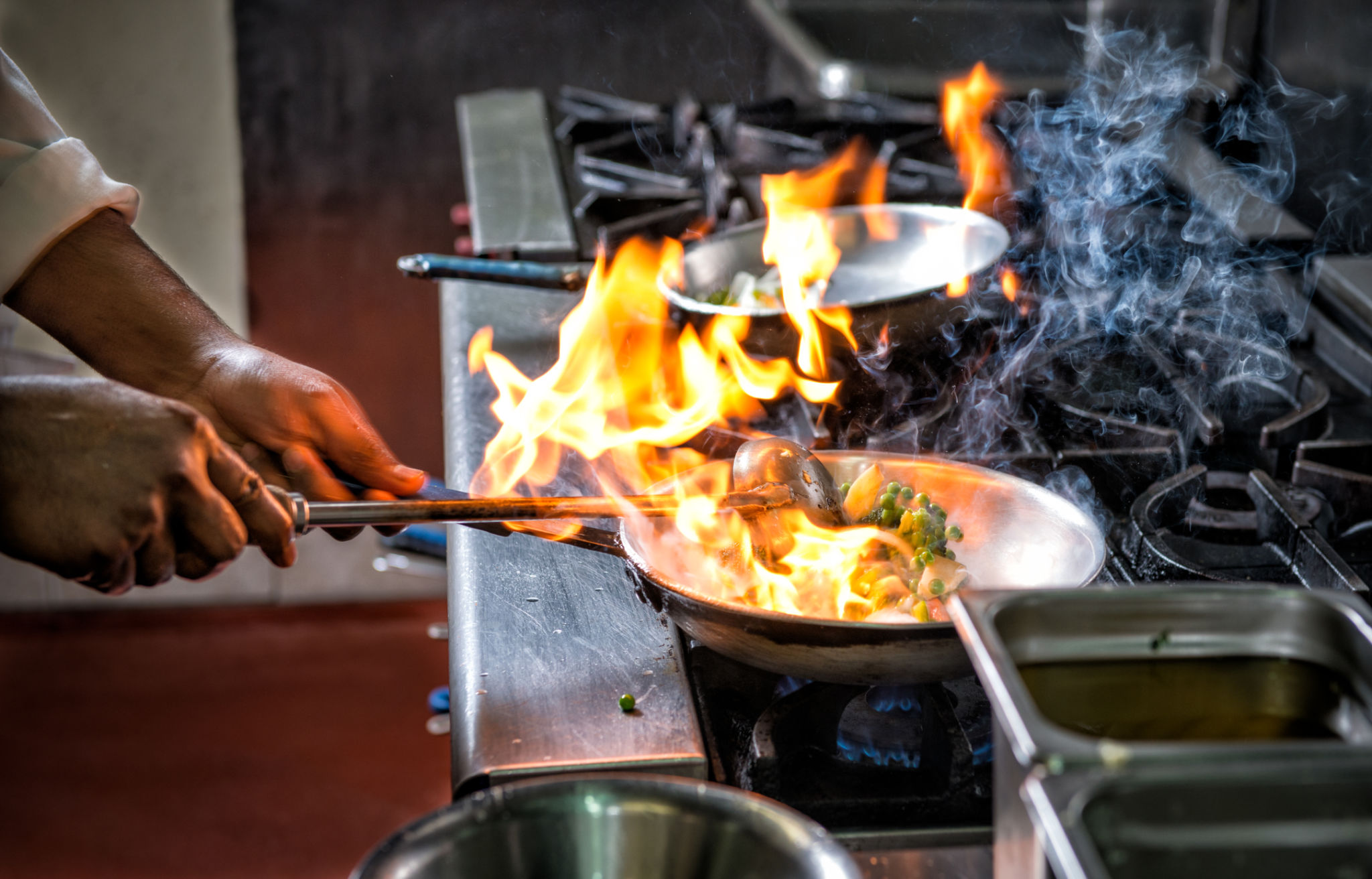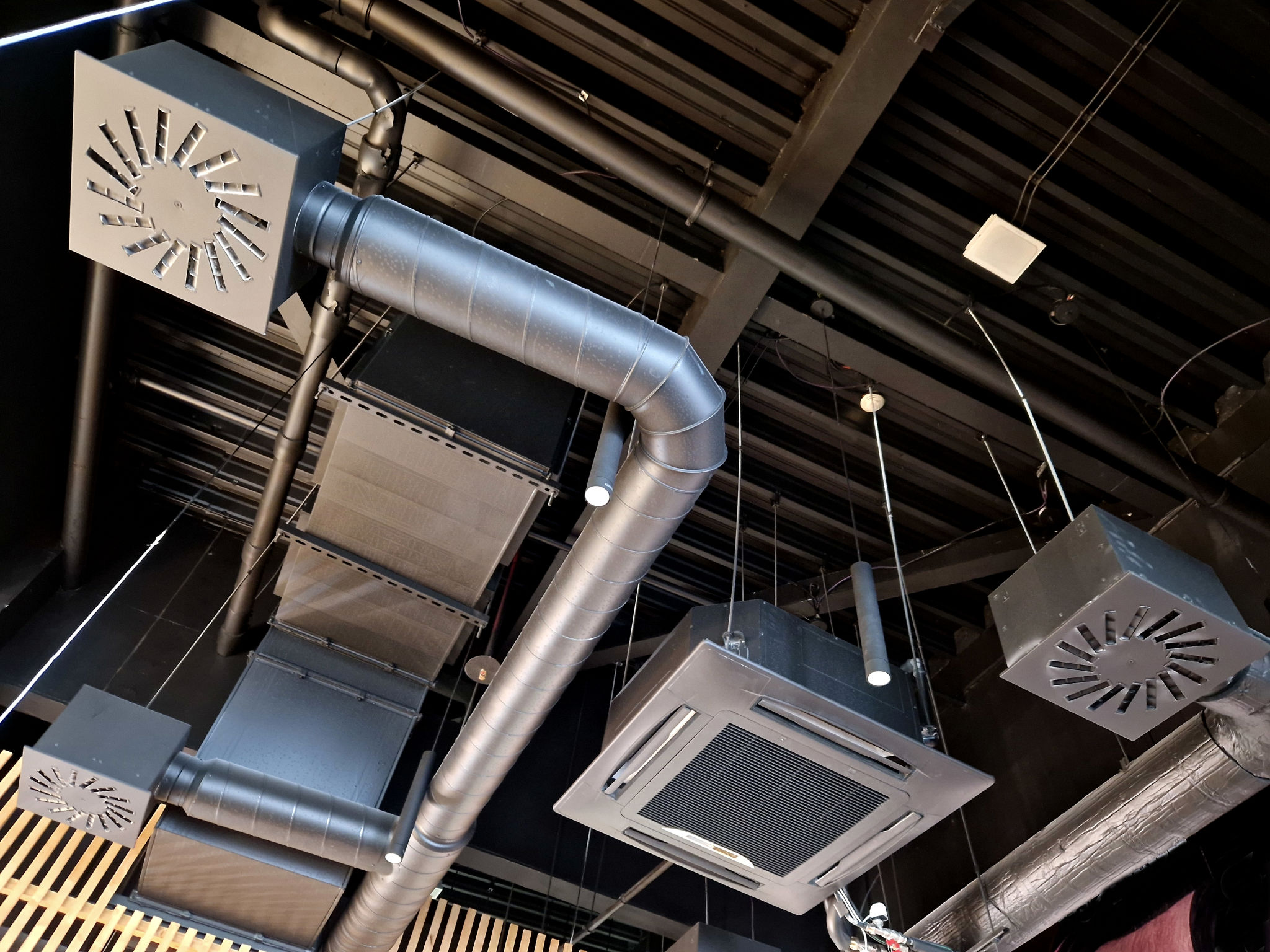How Kitchen Suppression Systems Protect Restaurants from Fire Hazards
Understanding Kitchen Suppression Systems
In the fast-paced environment of a restaurant kitchen, fire hazards are a constant concern. The combination of open flames, hot cooking oils, and high temperatures creates a perfect storm for potential fires. This is where kitchen suppression systems come into play, acting as a crucial line of defense against fire hazards.
These systems are specifically designed to detect and suppress fires automatically, minimizing damage and ensuring the safety of both staff and patrons. The integration of advanced technology makes them a reliable solution for any commercial kitchen.

The Components of Kitchen Suppression Systems
Kitchen suppression systems typically consist of several key components that work together seamlessly. Understanding these parts can help you appreciate how they protect your restaurant:
- Detectors: These sensors are strategically placed to identify heat, smoke, or flames, triggering the system when necessary.
- Control Panel: The brain of the system, it processes signals from the detectors and activates the suppression mechanisms.
- Suppression Agents: Once activated, these agents are released to extinguish the fire effectively.
How Suppression Systems Operate
Upon detecting a fire, the system automatically releases a suppression agent, such as wet chemicals or foam, directly onto the source. This quick action helps to cool the area and prevent the fire from spreading. Additionally, the system can shut down fuel or electrical sources to further minimize risks.

The automatic nature of these systems is vital. It ensures that even if no one is present in the kitchen, the fire can be addressed instantly, reducing potential damage and downtime for the business.
The Benefits of Implementing Suppression Systems
Installing a kitchen suppression system offers numerous benefits beyond just fire control. Here are some advantages:
- Enhanced Safety: Protects both employees and customers by rapidly preventing fires from escalating.
- Compliance with Regulations: Many jurisdictions require these systems for commercial kitchens, ensuring legal compliance.
- Reduced Insurance Costs: Many insurance providers offer reduced premiums for businesses equipped with these systems.
Maintenance and Inspection
To ensure optimal performance, regular maintenance and inspection of kitchen suppression systems are essential. This involves checking detectors, control panels, and suppression agents, as well as conducting routine tests. Professional technicians should handle these inspections to guarantee compliance with safety standards.

A well-maintained system not only ensures safety but also extends its lifespan, providing peace of mind for restaurant owners and managers.
Conclusion: A Fire-Safe Kitchen
In conclusion, kitchen suppression systems play an indispensable role in protecting restaurants from fire hazards. By investing in these systems and maintaining them regularly, restaurant owners can create a safer environment for their staff and customers while safeguarding their business assets. Implementing such systems is not just a regulatory requirement but a smart business decision that prioritizes safety above all.
